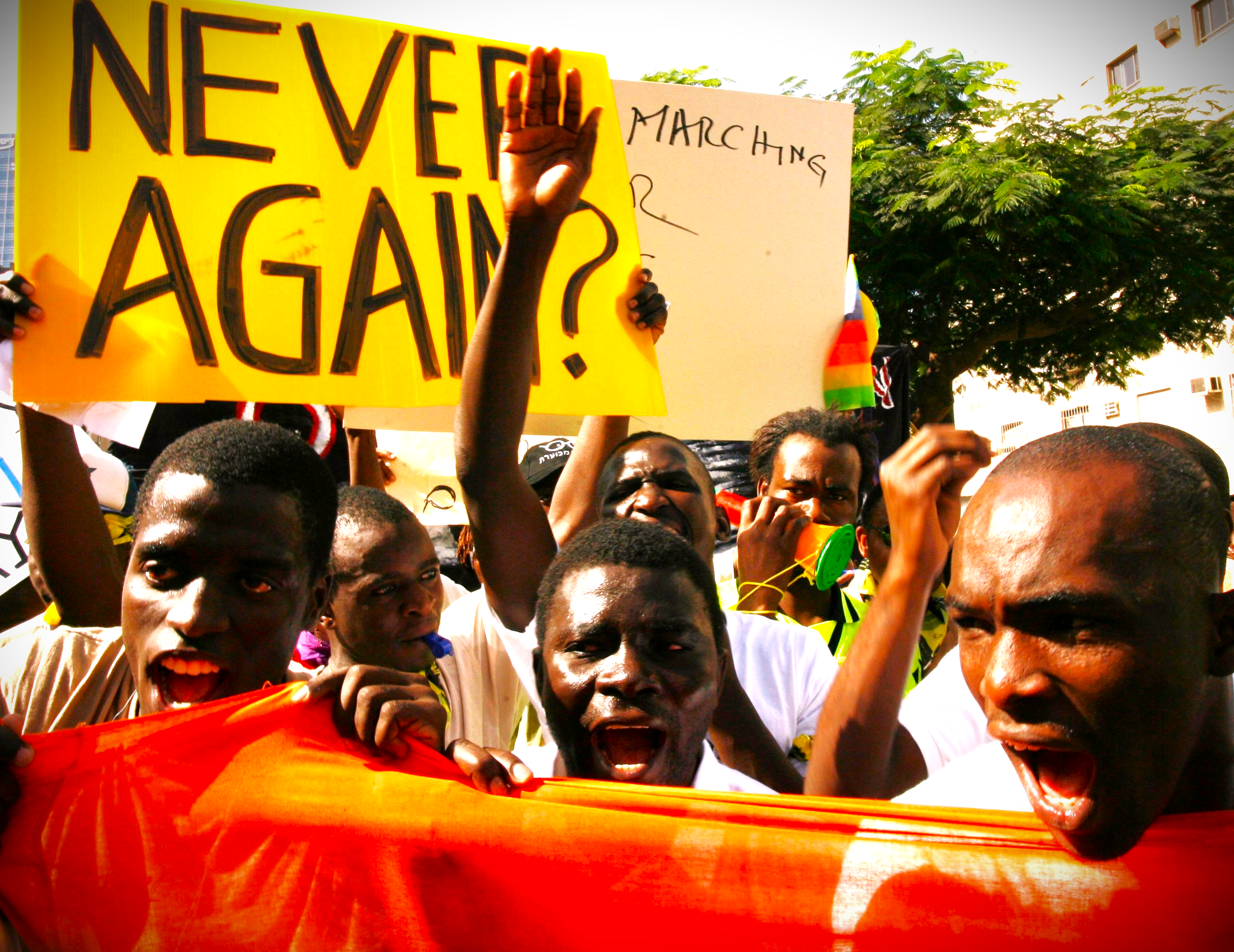Dar es Salaam, Tanzania – A diplomatic and legal storm is brewing in East Africa following the controversial detention and deportation of two regional activists Kenyan photojournalist and human rights defender Boniface Mwangi and Ugandan civil society advocate Agatha Atuhaire from Tanzania. The move has drawn sharp rebuke from Tanzanian legal professionals and ignited a broader conversation about the shrinking civic space in the region.
The Tanganyika Law Society (TLS), the official bar association of mainland Tanzania, issued a rare and strongly worded statement condemning the treatment of Mwangi and Atuhaire. TLS President B.A.K. Mwabukusi expressed “grave concern” over what he described as violations of constitutional and international legal norms, warning that such actions undermine the East African Community’s commitments to human rights and rule of law.
Mwangi and Atuhaire had traveled to Dar es Salaam to attend the high-profile trial of Tanzanian opposition leader Tundu Lissu. Instead, they were arrested and held at the Central Police Station, later deported under the supervision of Tanzania Immigration Services. Authorities claimed Mwangi had provided false information upon entry, but legal observers and civil society groups across the region have denounced the move as politically motivated.
“This is more than a deportation, it is a signal,” said Mwabukusi. “A signal that regional collaboration among civil society is under threat. If we do not stand up now, cross-border solidarity and freedom of expression will be the next casualties.”
The incident has amplified fears among journalists, lawyers, and human rights advocates about the erosion of civil liberties and cross-border engagement in East Africa. Mwangi, known for his bold activism and outspoken criticism of injustice, was one of several high-profile individuals including former Kenyan Chief Justice Willy Mutunga, PLP leader Martha Karua, and journalist Hanifa Adan who were reportedly barred from attending Lissu’s trial.
In a televised address on Monday, Tanzanian President Samia Suluhu Hassan appeared to defend the government’s hardline stance, stating, “We have started to observe a trend in which activists from within our region are attempting to intrude and interfere in our affairs.”
Her remarks, coinciding with the launch of Tanzania’s new foreign policy, were widely interpreted as a message to both domestic and foreign critics: Tanzania will not tolerate what it perceives as external meddling, even from neighbors within the East African Community.
But this position may come at a cost. Analysts warn that Tanzania’s actions may violate regional treaties that guarantee freedom of movement, expression, and the right to engage in peaceful civil discourse. Legal experts cite the East African Community Treaty and the African Charter on Human and Peoples’ Rights, both of which Tanzania is party to.
“This isn’t just a Tanzanian issue; it’s an East African crisis in the making,” said Dr. Anne Nasimiyu, a regional governance expert. “The legal instruments binding these nations were designed to prevent exactly this kind of political insularity and to promote democratic accountability across borders.”
As calls for accountability grow louder, TLS has vowed to pursue dialogue with national and regional bodies to prevent a repeat of such incidents and to ensure better protections for civil society actors.
For now, the deportation of Mwangi and Atuhaire has become more than an isolated diplomatic spat. It has become a litmus test for East Africa’s commitment to its founding principles of unity, human dignity, and the rule of law.




